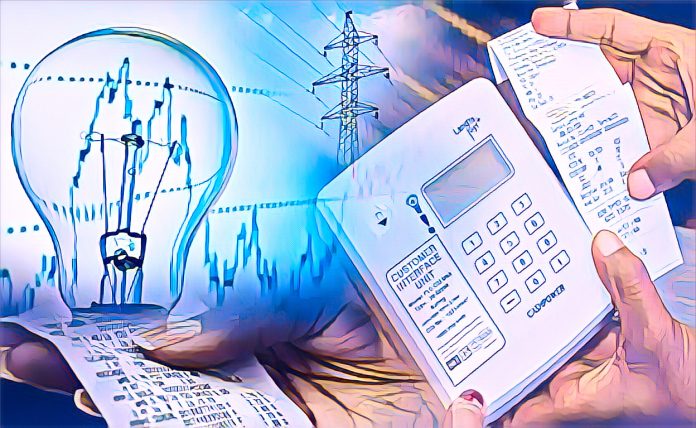KEY POINTS
- Electricity subsidies rose to ($113.13m) N181.63 billion in September, raising concerns about a tariff hike.
- NERC attributes rising generation costs to foreign exchange and inflation rates.
- Discos are rejecting additional power due to non-cost-reflective tariffs, threatening grid stability.
Electricity consumers on Band A feeders may soon experience a tariff increase as the power subsidy, or electricity tariff shortfall, continues to rise.
The subsidy that the Federal Government pays to the power sector surged to N181.63 billion in September, up from N102.30 billion in May.
This development follows the Nigerian Electricity Regulatory Commission (NERC)’s removal of subsidies for Band A customers in April, who now pay N225 per kilowatt-hour (kWh) due to receiving a minimum of 20 hours of electricity daily.
Although this decision was met with public outcry, especially among labor unions, educational institutions, and healthcare facilities, the government proceeded with the adjustment.
Foreign exchange and inflation driving costs
The subsidy figure dipped to N102.30 billion in May, reducing the Band A tariff to N206.80/kWh. However, by July, the tariff had risen to N209/kWh, with the subsidy jumping to N158 billion. According to Punch, the subsidy amount increased further to N163.87 billion in July, N173.88 billion in August, and N181.63 billion in September.
This upward trend in subsidies is attributed primarily to the ongoing foreign exchange crisis. NERC reported that the dollar exchange rate stood at N1,494.1 in July, rising to N1,564.3 in August and N1,601.5 in September. The exchange rate, along with inflation, has played a significant role in determining the cost of power generation in Nigeria.
To address the rising costs, the NERC’s Multi-Year Tariff Order (MYTO) adjusts tariffs based on external factors like inflation, exchange rates, generation capacity, and gas prices. With the naira weakening and inflation at 33.40 percent as of July 2024, there are concerns about a further tariff increase in October unless there is a significant reduction in power generation costs.
Generation costs and subsidy concerns
In September, the cost of power generation reached N113.69 per kWh, up from N103.9/kWh in April and N87.33/kWh in May. Transmission and administrative costs for Abuja Electricity Distribution Company (AEDC) also increased, with figures reaching N10.4/kWh in September.
Despite these rising costs, the NERC has kept the end-user-allowed tariff at N117.31/kWh from July through September, while the cost-reflective tariff was set higher at N195.5/kWh in September.
This gap has left many distribution companies (Discos) frustrated as they are required to sell electricity at a loss. Some Discos have even refused to take additional electricity generated by power plants, citing non-cost-reflective tariffs as the cause.
A Disco official noted, “We are operating at a loss. Although they supply more power, the problem could be solved with an improved tariff for other bands and better meter penetration to recover the costs.”
Government’s response to power rejection
Minister of Power, Adebayo Adelabu, expressed disappointment over the Discos’ rejection of power, explaining that the country’s power generation had recently peaked above 5,000 megawatts. However, 1,400 megawatts had to be scaled down due to the Discos’ inability to distribute the supply.
“This is really regrettable, considering that the government is on course to increase generation to 6,000 megawatts by the end of the year,” Adelabu said.
The Minister has urged power distribution companies to take more energy to prevent grid collapse, noting that when Discos reject supply, the grid’s frequency drops, putting the system at risk.



